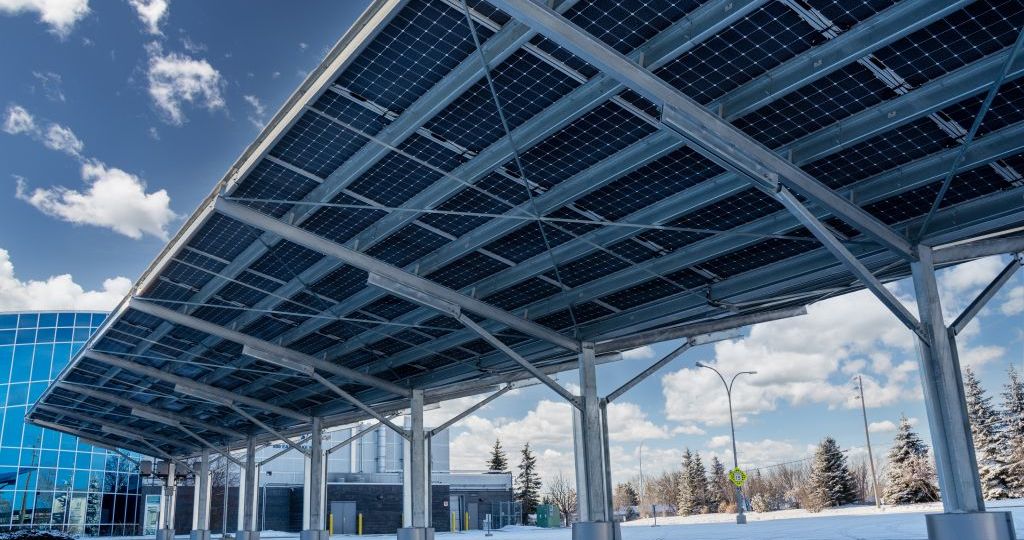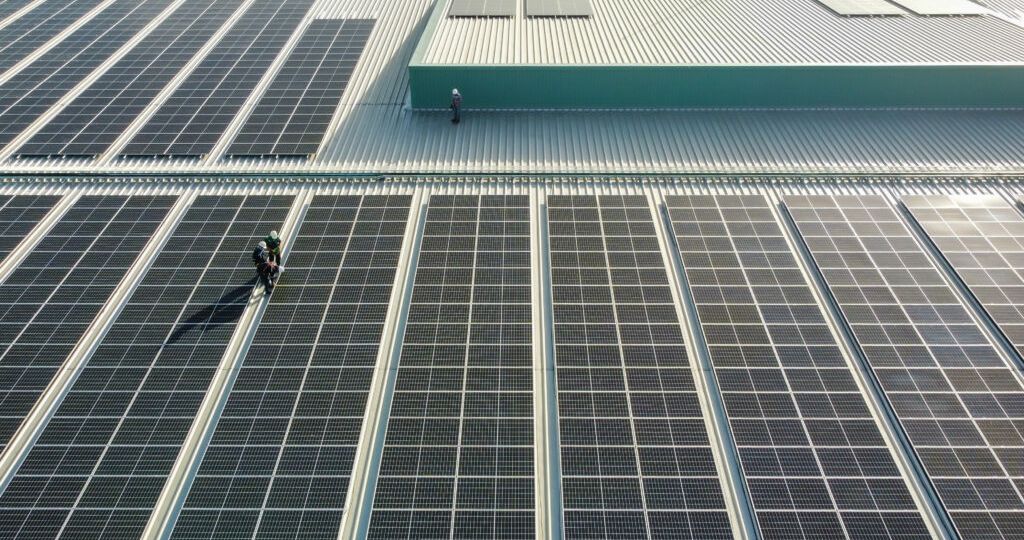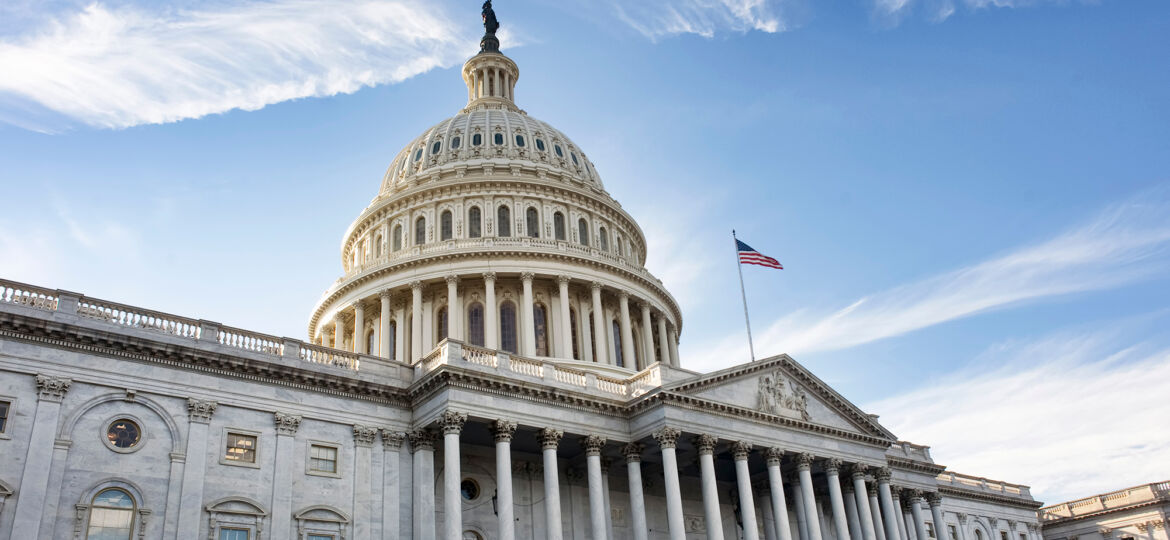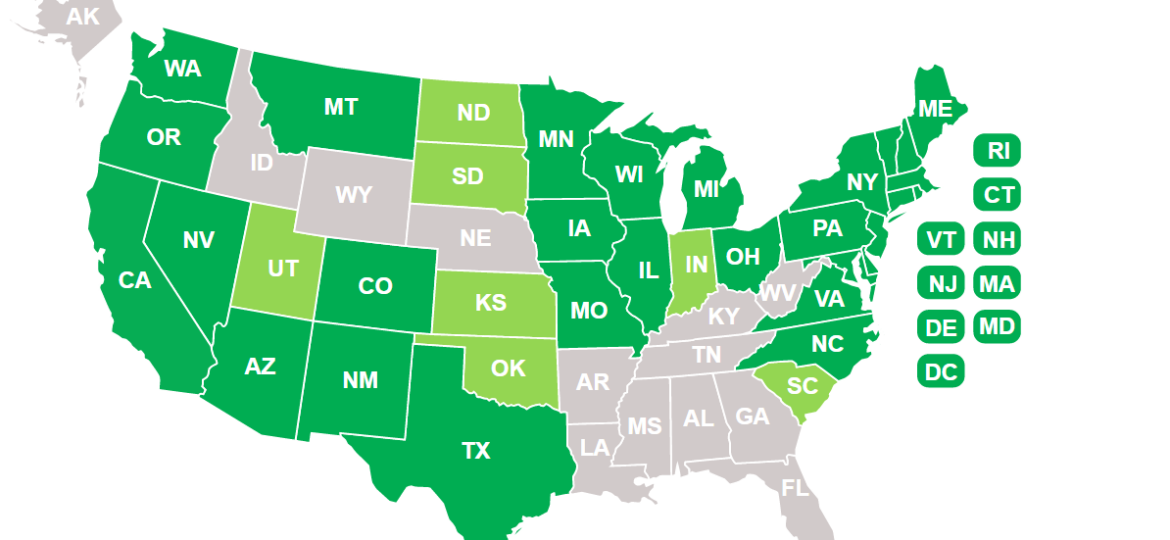As the electric vehicle (EV) revolution accelerates and sustainability becomes a business imperative, commercial property owners and developers are increasingly…
renewable energy
In recent years, the adoption of solar energy has surged, with organizations looking to cut costs and embrace sustainability. Despite…
The SCF team has written several pieces lately covering the transition to electric passenger vehicles (EVs), how those EVs will be charged, and how the grid will handle all of that new electrical load. In this piece, however, we will be covering the commercial side of the EV marketplace…
With soaring shipping rates and greatly increased steel, fuel, copper, and labor costs, many solar customers have put soft holds…
The Biden administration is planning to push a 100% clean energy bill through congress, which would be the first of its kind on a federal level in the United States. Despite the federal government’s four-year absence from major clean energy policy, many state legislatures have continued to progress towards establishing & achieving renewable energy goals…
2020 was a year that disrupted industries across the global economy, and the energy sector was no exception. The COVID-19 pandemic caused dramatic shifts in the energy sector, from sharply decreased oil demand to drastic increases in residential energy usage, as people stayed home with limited travel for both work and leisure.
While renewable energy advocates should still hold their breath a bit longer, the future looks bright for the industry as the House of Representatives managed to fit an extension to the federal ITC inside the most recent coronavirus relief & omnibus spending bill introduced on 12/20/20.
The transition to renewable energy has often been driven by government entities and electrical utilities due to their direct influence over energy policy and their direct access to electricity distribution.
As we approach the 2020 election cycle, it’s time to look at what is on the table concerning the American energy complex and climate change- two areas that are central to the core mission of SCF. We will also briefly examine several states’ Renewable Portfolio Standards…
With environmental impact becoming a growing concern among many constituents, cities across the U.S. are looking for ways to reduce…











